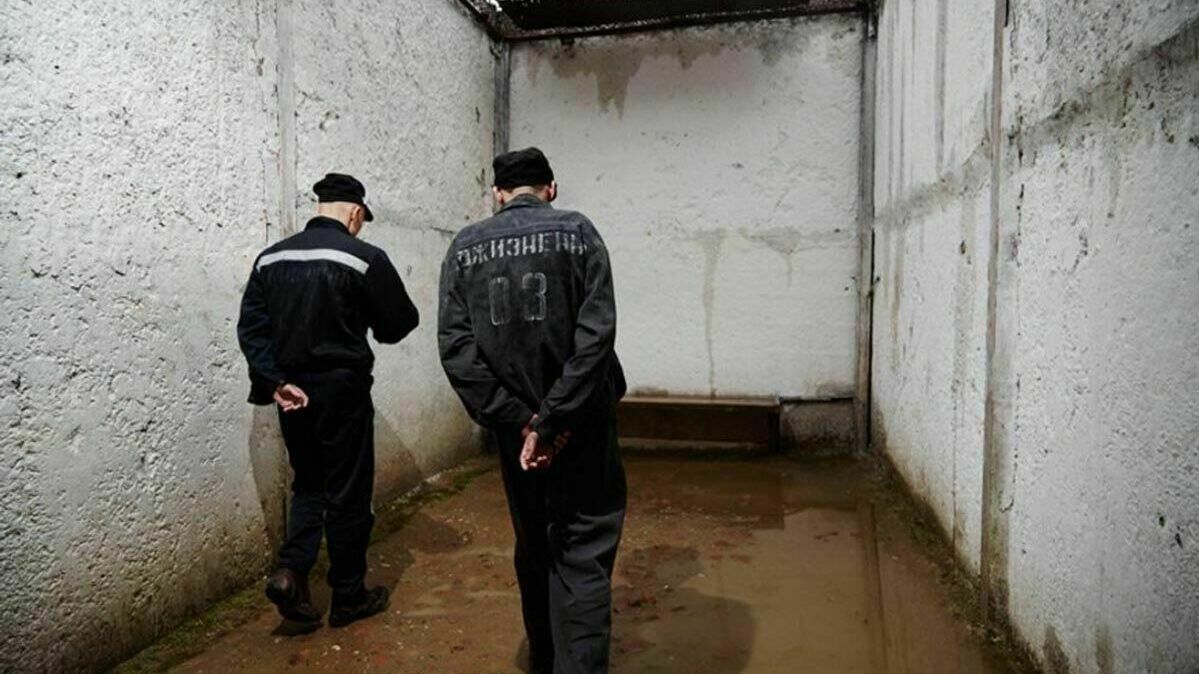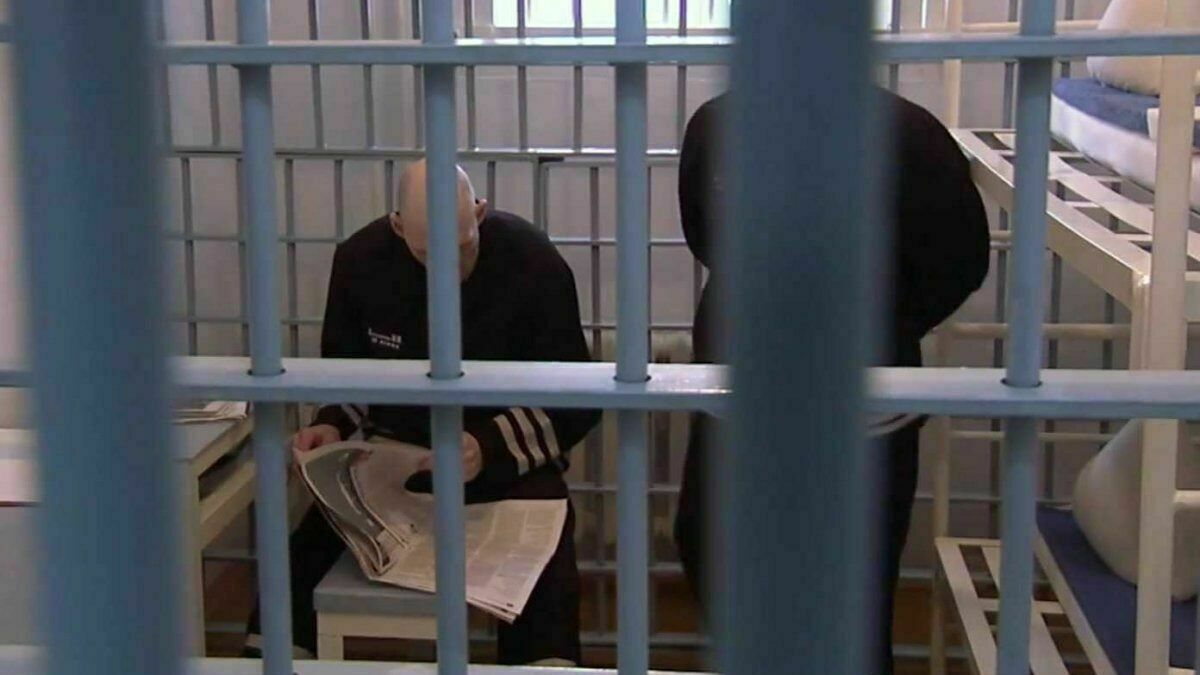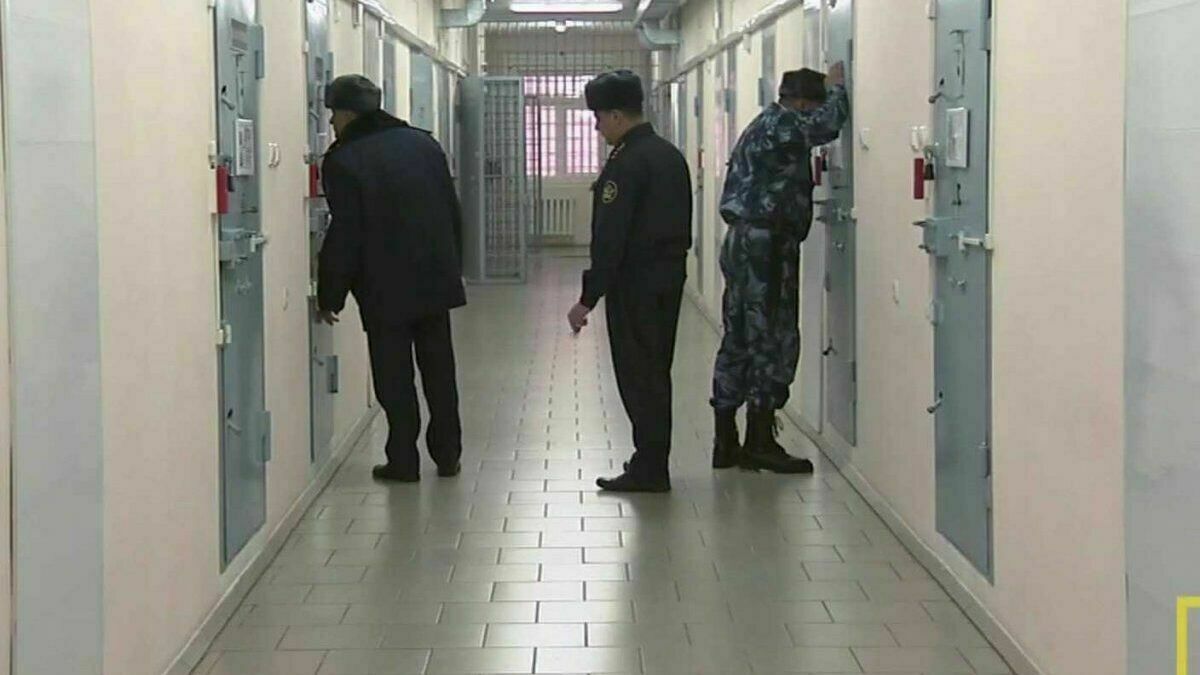Posted 12 апреля 2023, 19:28
Published 12 апреля 2023, 19:28
Modified 13 апреля 2023, 07:31
Updated 13 апреля 2023, 07:31

Up to life: what and how much the Criminal Code will tighten
Irina Mishina
As it became known to NI, it was proposed to increase the term under the article "Terrorist act" from 15 to 20 years of imprisonment, under the article "Act of international terrorism" — from 12 years to life imprisonment. The amendments also propose to establish life imprisonment for treason. Now, under this article, a sentence of up to 20 years in prison is threatened.
The State Duma may consider these amendments to the Criminal Code in the 2nd and 3rd readings before the end of this week. This was reported to NI by the State Duma Committee on Security and Anti-Corruption.
Is the Criminal Code no longer frightening?
The amendments, which relate to the strengthening of punishment for terrorist crimes, were initiated in the light of recent tragic events.
"The explosion of Daria Dugina, Vladlen Tatarsky made many people think about the terrorist threat to each of us. According to the FSB, about 15 terrorist attacks have been prevented recently. The terrorist danger has increased many times in the world recently. There is evidence that terrorist groups will be sent to us. In these conditions, increased punishment for terrorism is a necessity", - said Mansur Yusupov, Major General of the Ministry of Internal Affairs, Candidate of Legal Sciences, to NI.
Some statistics. According to the Ministry of Internal Affairs of Russia, 2,233 terrorist crimes (+ 4.5%) and 1,566 extremist crimes (+48.2%) were registered in January - December 2022. Of the total number of registered crimes of a terrorist nature, 851 crimes (+21.6%) were committed this year. Stopped at the stage of preparation and attempt – 121 crimes. In 2022, an increase in crimes committed with the use of weapons, ammunition and explosives was also recorded: more than 6.2 thousand crimes (+32.4%).
"We must pay tribute - many terrorist cells have been neutralized in recent years, planned terrorist attacks have been prevented. But the number of terrorist crimes committed is growing. This means that the measures of responsibility contained in the Criminal Code do not frighten and do not stop from committing a crime. Agree, the possibility of being imprisoned for their crimes until the end of their days has a preventive value. Awareness of this can stop a person planning a crime," Vasily Piskarev, chairman of the State Duma Committee on Security and Anti-Corruption, told NI.
"The stage to the North, the deadlines are huge..."
The proposal to toughen the punishment for treason up to life imprisonment caused the most controversy.
Today, 1942 people are serving life sentences in Russia. There are statistics for 2022: 25 people were sentenced to life.
"Accurate statistics on cases of treason are not publicly available due to the fact that court proceedings are conducted behind closed doors. Accordingly, the sentences are not publicly available. According to previous years, from 1997 to 2019, 118 sentences were handed down for treason. The peak value was in 2014 – 15 people were convicted of treason and in 2016 – 14 people", - Police Lieutenant General, Honored Lawyer of Russia Yuri Zhdanov told NI.
Perhaps the most resonant case of treason in recent years is against journalist Ivan Safronov, who was sentenced to 22 years in a penal colony. Among the most severe sentences for treason is the term that former SVR colonel Alexander Poteev received in 2011, sentenced in absentia to 25 years for transmitting data to the United States about a group of Russian agents, including Anna Chapman. In 2019, Sergei Mikhailov, the former head of the operational management department of the FSB Information Security Center, received 22 years in a high-security colony on charges of cooperation with the FBI. In 2003, the Moscow Military District court sentenced the former deputy head of the first department of the SVR counterintelligence Department, Alexander Zaporozhsky, to 18 years in prison for treason and espionage in favor of the United States.
A lot of cases for treason were initiated against scientists. So, in 2004, two received impressive deadlines at once. The Moscow City Court sentenced Igor Sutyagin, an employee of the Institute of the USA and Canada of the Russian Academy of Sciences, to 15 years of imprisonment in a high-security colony. He was accused of passing information containing state secrets to the United States. In the same 2004, Krasnoyarsk physicist Valentin Danilov was sentenced to 14 years of imprisonment in a high-security colony. Danilov was accused of treason in favor of China.
"In Russia today, there are about 2 thousand convicts who have been sentenced to life imprisonment, they are serving sentences in seven institutions of the penal enforcement system, including about 400 convicts whose death penalty has been commuted to life. The absolute majority are convicted of committing murders (more than 90%), almost a third are maniacs and pedophiles. In general, according to the Prosecutor General's Office, as of January 2022, 119 people were sentenced to capital punishment for the previous 2.5 years. In previous years, an average of 100 crimes per year were registered, for which convicts receive a sentence of life imprisonment", - said Police Lieutenant General, Honored Lawyer of Russia Yuri Zhdanov.
In general, life imprisonment is a special measure of punishment. Each of these sentences is followed by the gravest crimes, in most cases committed repeatedly, with a large number of victims. Of the most recent high-profile cases: in 2022, they were sentenced to life imprisonment:
- former senator from Karachay-Cherkessia Rauf Arashukov and his father Raul Arashukov for the creation of organized criminal groups and murders;
- Perm shooter, student Timur Bekmansurov, who shot 6 people at Perm University;
- "Rybinsk maniac" pedophile killer Vitaly Molchanov;
- Magomed Nurov, convicted of committing terrorist attacks in the Moscow metro in 2010, is serving a life sentence in prison.
"For what crimes are such harsh sentences imposed? These are murders committed with extreme cruelty, crimes against the sexual integrity of citizens under the age of 14. For example, last year such a sentence was received by a repeat pedophile who raped and killed two ten-year-old schoolgirls. This is the commission of terrorist attacks. Last year, one of the organizers of the terrorist attack in the Moscow metro in 2010, who had been hiding for many years, went to jail for life. Then 39 people were killed at the stations "Park Kultury" and "Lubyanka" and more than one and a half hundred were injured. A student from Perm, Bekmansurov, who staged a massacre at the university, was also sentenced to life imprisonment", - Vasily Piskarev, head of the State Duma Security Committee, explained to NI.
Is the death penalty more humane than a life sentence?
I have a natural question whether the tightening of penalties for treason will lead to the politicization of the courts. After all, it is quite difficult to collect the evidence base for such cases. Will the judges be tempted to make an emotional decision on a life sentence in a high-profile political case?
"You can get a life sentence for treason for anything. At the same time, people who commit particularly serious crimes for murder get off with minor terms. There is a risk that life for treason will be given to everyone who does not like it. At the same time, it is not particularly specified what exactly is considered treason. In recent years, many scientists and academics have been convicted under this article, in whose lectures and articles they saw the transfer of state secrets. The article can turn into a tool of intimidation", - Ilya Grashchenkov believes.
In fact, Article 275 of the Criminal Code (high treason) has been changed several times: it is impossible not to recognize the influence of politics on it.
"High treason has 3 forms, and all of them are quite clearly described in the Criminal Code of the Russian Federation", - says Ernest Valeev, first deputy chairman of the State Duma Committee on Security and Anti-Corruption. – Any statements do not fall under this article. In this regard, there is no need to worry about the fate of actress Lia Akhedzhakova. Under the USSR, the Criminal Code provided for 7 elements of crimes that qualified as treason, in 97, 4 elements were removed, in particular, "going over to the enemy's side." Now the legislation is being tightened again in accordance with the changing situation".
Previously, life imprisonment was an alternative to the death penalty. Now that Russia has withdrawn from international agreements, in particular, from the Council of Europe, it would seem that there is no reason not to apply the death penalty. And increasingly there are voices that execution is more humane than life imprisonment.
The current life sentence is not a romantic story about the Count of Monte Cristo. The convict is kept in harsh conditions, in cells designed, as a rule, for no more than two. The two share a space of 5 sq.m. Every 15 minutes, the guards make a detour. When the convicts leave the cell, they must walk with their arms behind their backs, bent over very much. When moving to another building or going out for a walk, prisoners are blindfolded so that they cannot remember the prison plan. There is no canteen in the prison either, prisoners eat in their cells. There is only a stool and a table in the cell, the folding bed can be used exclusively at night. Plus round-the-clock video surveillance.
"The lifting of the moratorium on the death penalty today is hindered by the Constitution of Russia and the decision of the Constitutional Court, which actually decided on the moratorium," said Ernest Valeev, First Deputy Chairman of the State Duma Security Committee. - I consider calls to return the death penalty populism. I am against this primarily as a practicing lawyer. Should the State be deprived of the right to life? It's impossible".

